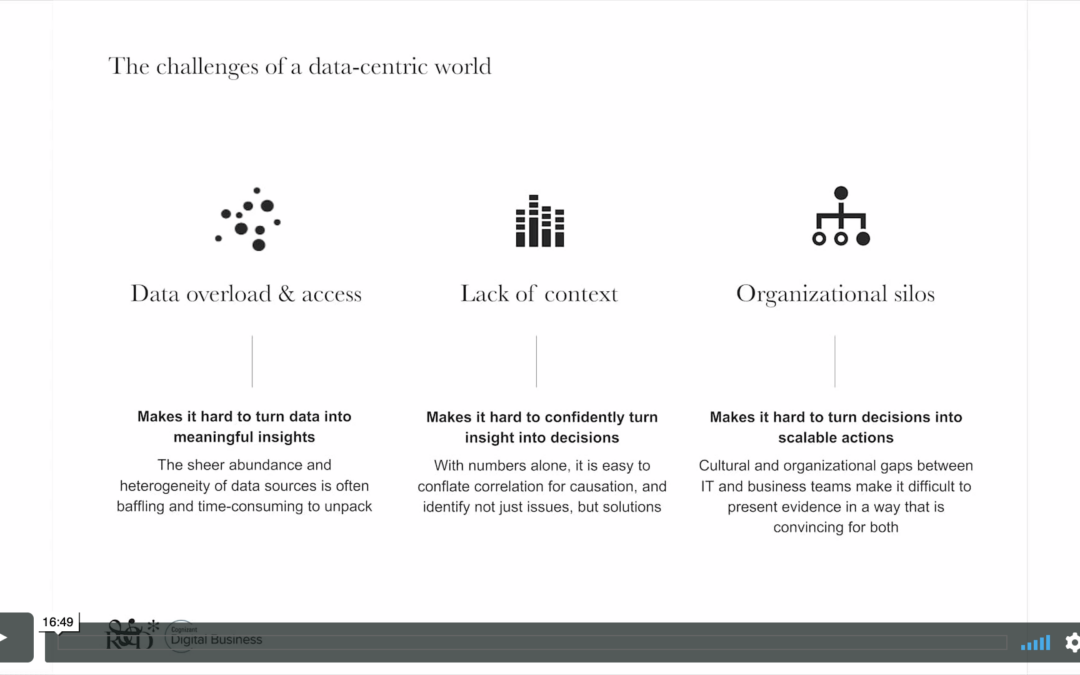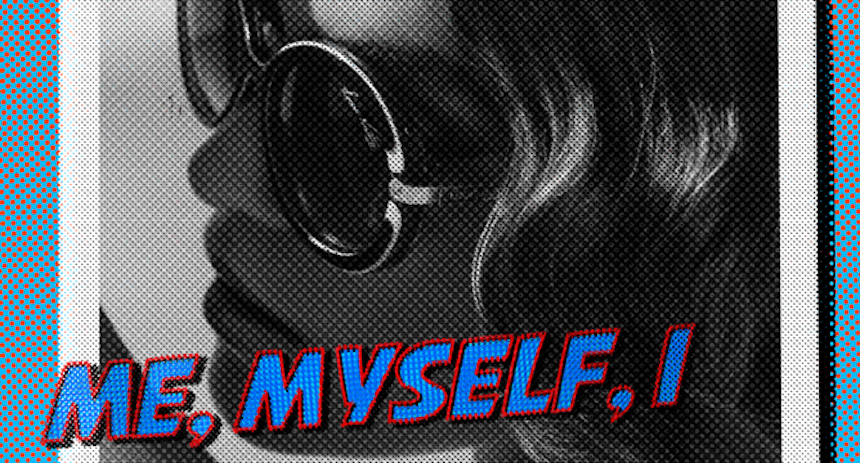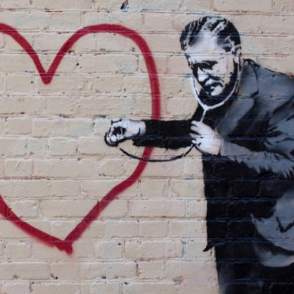This case study explores the scaling experience of an early-stage healthtech startup company called myICUvoice. During the Covid-19 pandemic, myICUvoice rapidly scaled from a single intensive care environment to being widely used nationally (UK) as well as globally. We explore why and how so many...









